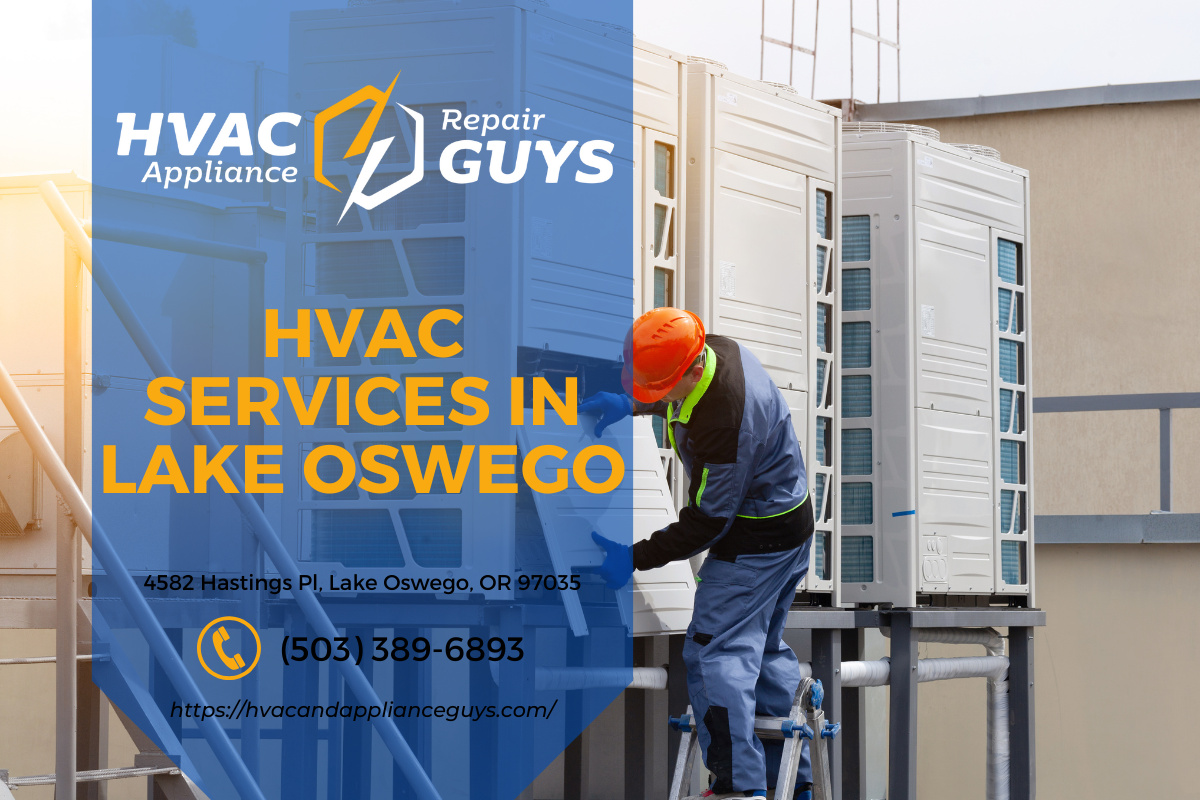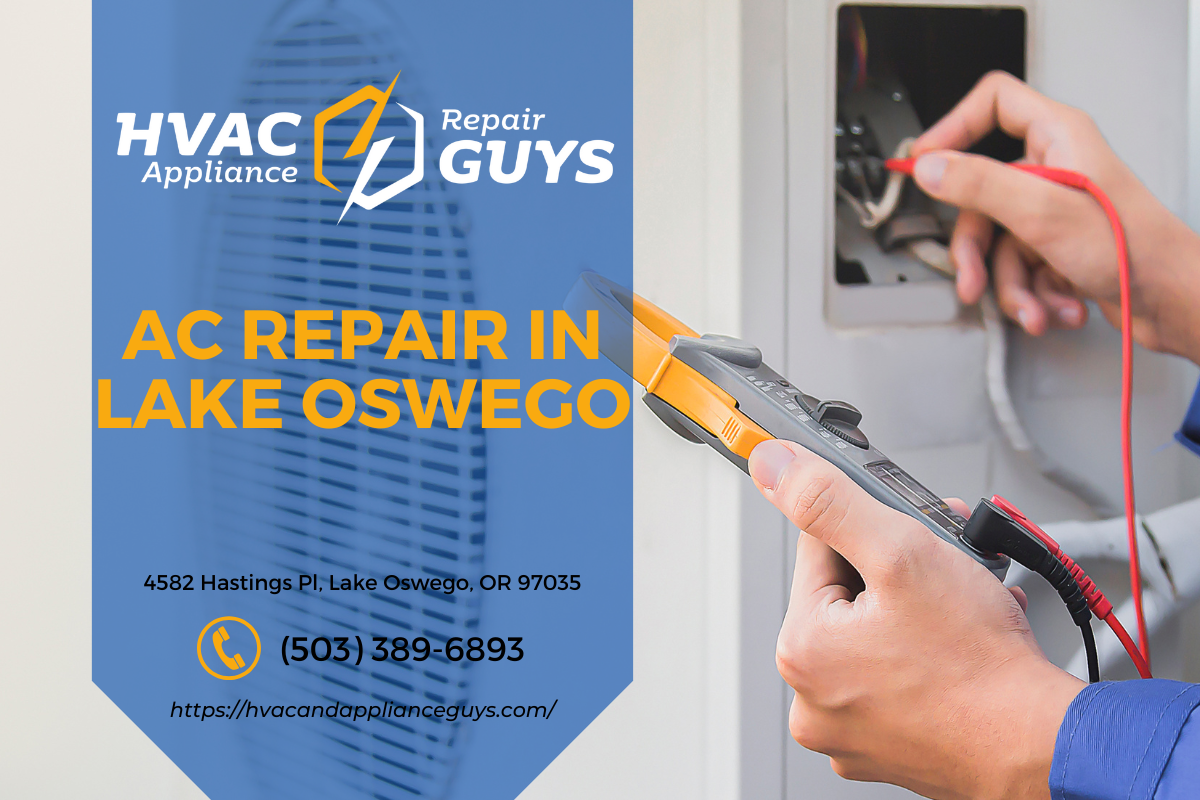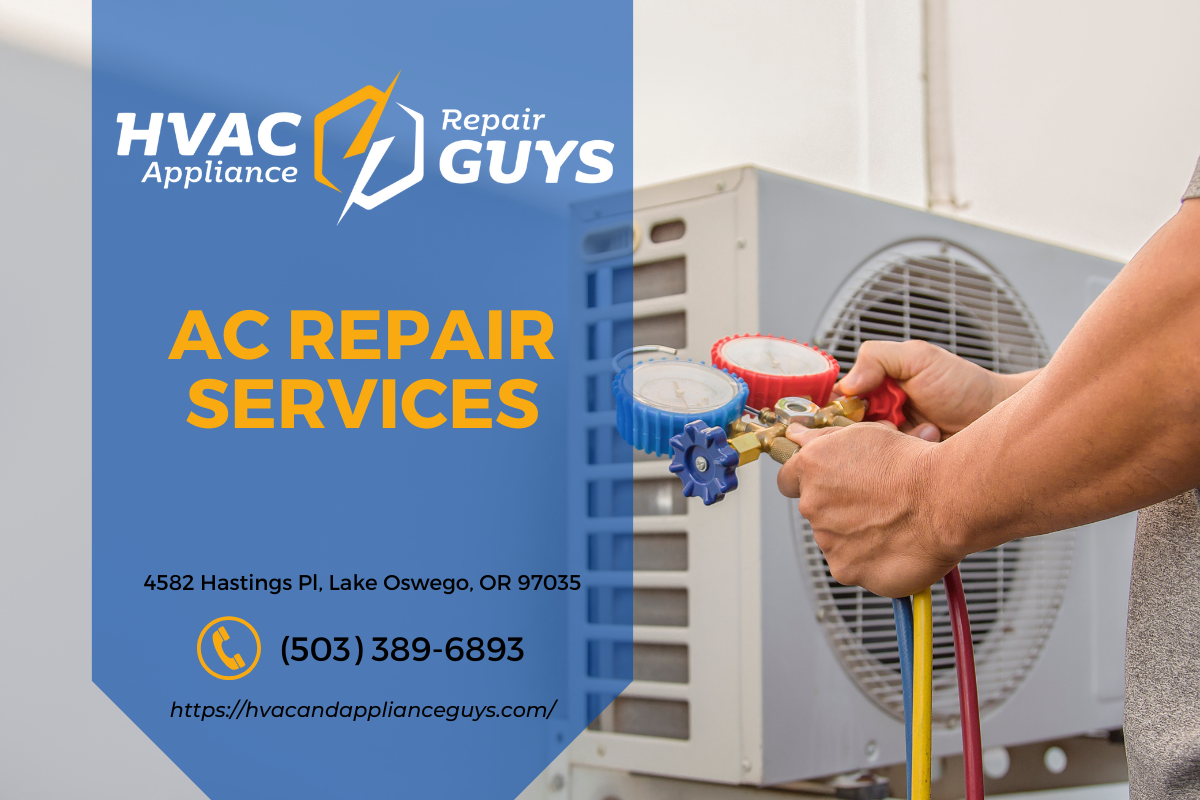


In today's ever-changing climate, maintaining a comfortable environment in our homes is more essential than ever. Proper ventilation plays a vital role https://hvacandapplianceguys.com/ in achieving this comfort, ensuring that the air we breathe is clean, fresh, and well-circulated. Whether you're seeking to enhance your indoor air quality or regulate temperature throughout the year, understanding the ins and outs of ventilation can help you create a haven in your home.
Understanding Proper Ventilation: The Key to Comfort
What Is Ventilation?
Ventilation refers to the process of exchanging stale indoor air with fresh outdoor air. It helps remove pollutants, moisture, and odors from our living spaces. But why is it so crucial?
- Air Quality: Stale air can harbor pollutants like dust mites, mold spores, and volatile organic compounds (VOCs). Proper ventilation ensures these are regularly removed. Humidity Control: High humidity levels can lead to discomfort and promote mold growth.
Types of Ventilation Systems
There are several types of ventilation systems used in residential settings:
Natural Ventilation: Utilizes natural forces such as wind and thermal buoyancy. Mechanical Ventilation: Involves fans and duct systems to circulate air. Hybrid Systems: Combine both natural and mechanical methods.Each has its advantages depending on your specific needs.
Creating A Comfortable Environment Year-Round With Proper Ventilation
To truly create a comfortable environment year-round, it's essential to understand how different ventilation methods affect the overall comfort level in your home.
The Role of HVAC Systems in Ventilation
Your HVAC system plays a pivotal role in maintaining proper ventilation. A trusted HVAC contractor can help you achieve optimal results through regular maintenance and upgrades when necessary.
- Heating: Ensures warmth during colder months while maintaining good airflow. Cooling: Removes heat from your home during summer months. Air Filtration: Cleans the air circulating within your home.
Choosing the Right HVAC Company for Your Needs
When selecting an HVAC company, consider their reputation and expertise:
- Look for a licensed HVAC company with positive reviews. Ask for recommendations from friends or look up "HVAC contractor near me" online. Ensure they provide comprehensive HVAC services tailored to residential needs.
Key Factors Influencing Indoor Air Quality
Humidity Levels: The Silent Comfort Killer
Excess humidity can make your home feel stuffy while too little can cause dry skin and respiratory issues. Here’s how to manage it:
Use dehumidifiers in humid months. Ensure exhaust fans are working correctly in kitchens and bathrooms. Regularly check for leaks that may introduce excess moisture into your home.Temperature Regulation: Keeping It Cool or Cozy?
The ideal temperature varies by preference but generally falls between 68°F and 72°F for most people. To maintain this:
- Invest in programmable thermostats for efficient temperature control. Ensure ducts are sealed properly to prevent loss of conditioned air.
Signs You Need to Improve Your Home’s Ventilation
Recognizing when your home's ventilation isn't functioning optimally is critical:
Unpleasant odors lingering indoors? Frequent allergies or respiratory issues among family members? Visible mold growth on walls or ceilings?If you observe any of these signs, it may be time to consult a trusted HVAC contractor for an evaluation.
DIY Tips for Enhancing Home Ventilation
While hiring an HVAC company is often necessary for major improvements, there are several DIY strategies homeowners can employ:
Open windows on nice days to encourage natural airflow. Use ceiling fans effectively by running them counterclockwise in summer and clockwise in winter. Install vent covers or grilles that allow better circulation without compromising aesthetics.The Importance of Regular Maintenance
Regular maintenance is key to ensuring that your ventilation system operates efficiently year-round:
- Schedule yearly inspections with a licensed HVAC company to catch potential issues early. Change filters regularly according to manufacturer recommendations—typically every 1-3 months depending on usage.
Common Myths About Home Ventilation Debunked
Myth #1: More Airflow Equals Better Air Quality?
While airflow is essential, quality matters too! Not all incoming air is clean; proper filtration systems must accompany increased airflow.
Myth #2: Opening Windows Is Enough?
While opening windows does help freshen the air temporarily, relying solely on this method may not suffice during extreme weather conditions.
How Modern Technology Enhances Home Ventilation Systems
Today's smart technologies have revolutionized how we manage indoor environments:
- Smart thermostats learn preferences over time and adjust heating/cooling accordingly. IoT devices monitor air quality levels in real-time, alerting homeowners if intervention is needed.
Integrating Smart Solutions with Your Residential HVAC System
Consider working with an experienced residential HVAC company that understands integration best practices to maximize efficiency while minimizing energy costs.
Ventilation Solutions for Specific Rooms in Your Home
Different areas within your home may require unique solutions regarding ventilation:
Kitchens
Installing range hoods helps eliminate cooking odors effectively while promoting better airflow during meal prep times.
Bathrooms
Exhaust fans should be standard fixtures—they reduce humidity after showers which helps prevent mold growth significantly!
Cost Considerations When Upgrading Your Ventilation System
When thinking about upgrading your system or enhancing existing features, keep these costs in mind:
| Component | Estimated Cost | |-------------------------------|---------------------| | New HVAC System | $3,000 - $7,000 | | Duct Cleaning | $300 - $500 | | Smart Thermostat Installation | $150 - $300 |
Investing upfront can save money long-term through improved efficiency!
FAQs
1. What does an HVAC contractor do?
An HVAC contractor specializes in designing, installing, repairing, and maintaining heating, ventilation & air conditioning systems within residential properties.
2. How often should I change my HVAC filters?
Typically every one to three months depending on usage; consult with your trusted contractors about specific recommendations based on your home's needs!
3. Can poor ventilation affect health?
Absolutely! Poorly ventilated homes can lead to various health issues including respiratory problems due to trapped allergens or pollutants present indoors.
4. How do I find a reliable HVAC company near me?
Start by checking online reviews & asking friends/family for recommendations; ensure they’re licensed professionals who specialize in residential systems!
5. What are some signs my system needs maintenance?
Look out for irregular noises from equipment & fluctuating temperatures—these could indicate underlying problems needing professional attention quickly!
6. Is natural ventilation enough for my home’s needs?
While beneficial during favorable weather conditions; relying solely on natural means might not suffice—especially during extreme temperatures—consider integrating mechanical options as well!
Conclusion
In conclusion, creating a comfortable environment year-round with proper ventilation requires understanding what systems work best for your lifestyle coupled with regular maintenance by trusted professionals like licensed hvac companies nearby! By engaging experienced contractors who prioritize both quality service & customer satisfaction—you’ll enjoy cleaner air flow throughout every corner of your beloved residence! Don't hesitate; reach out today!